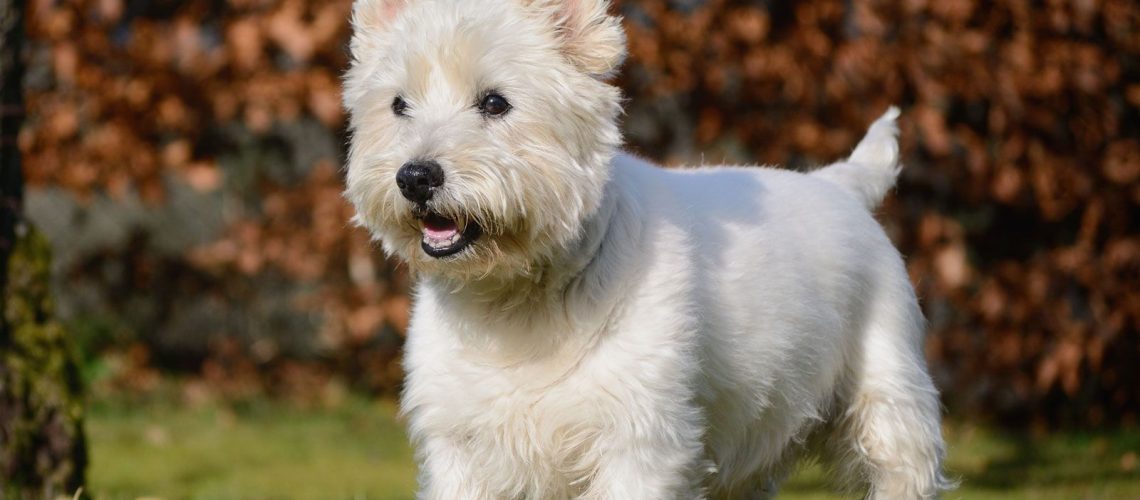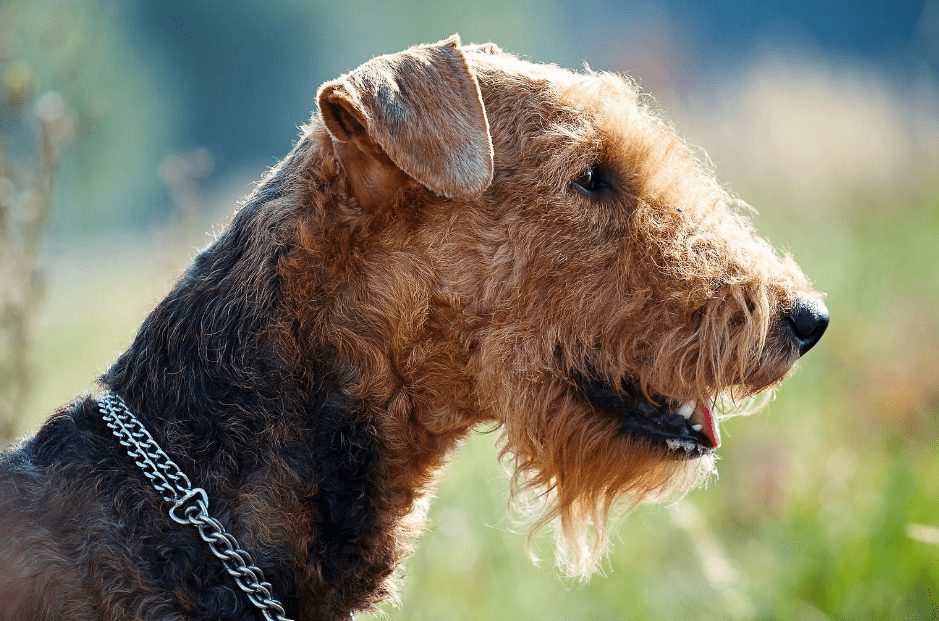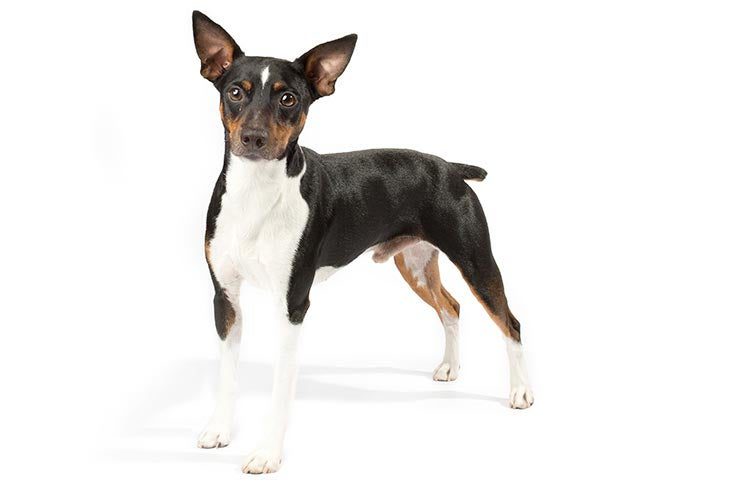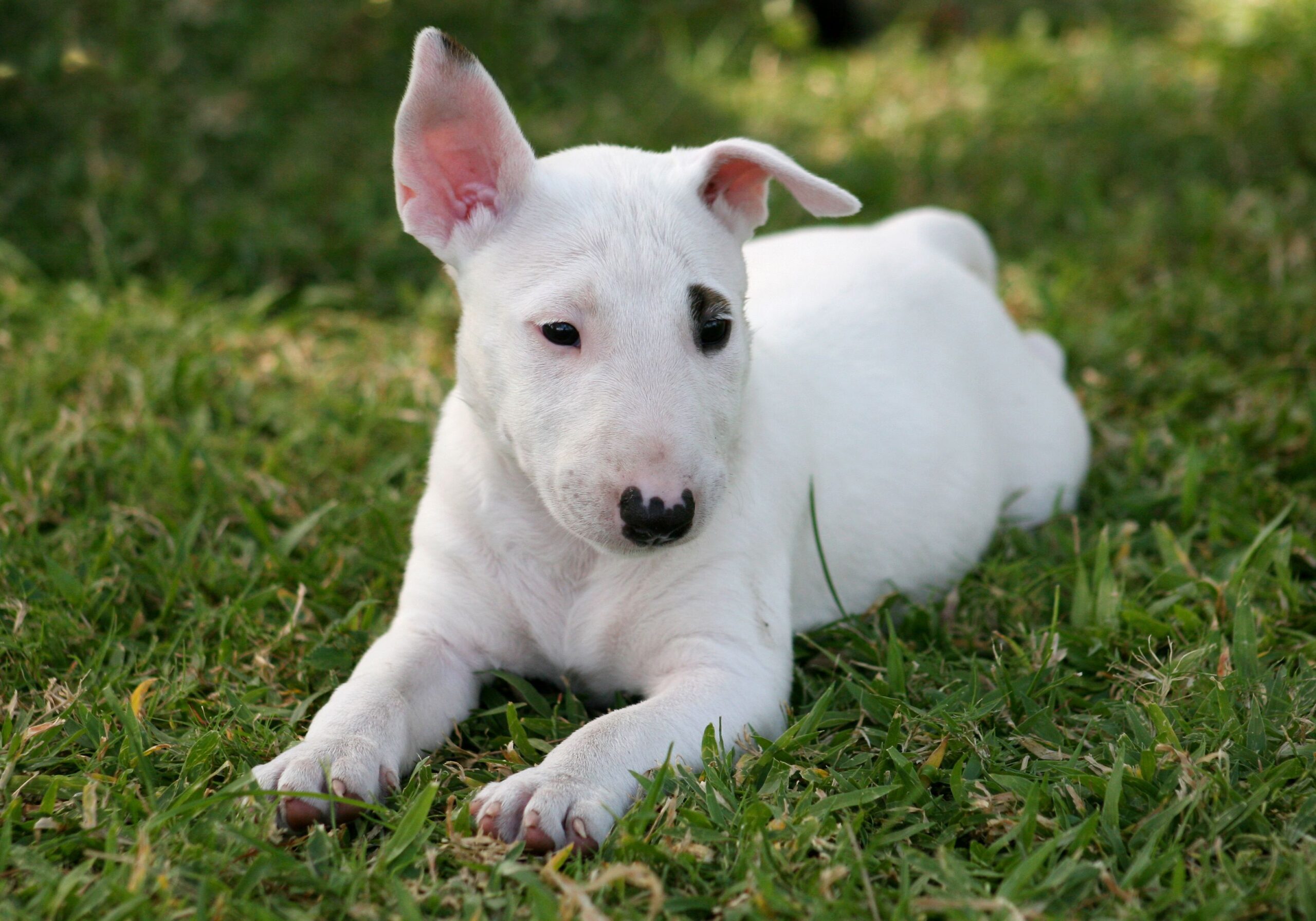Key Takeaways:
- West Highland White Terriers, also known as Westies, are small and sturdy dogs with a distinctive white coat.
- They are highly energetic and require regular exercise to prevent boredom and destructive behavior.
- Westies have a friendly and outgoing personality, but they can be stubborn and independent at times.
- Grooming is an essential part of Westie care, as their double coat requires regular brushing and occasional professional grooming.
- Due to their high prey drive, Westies may not get along well with small animals or cats unless properly socialized from a young age.
Are you ready to embark on a journey into the fascinating world of the West Highland White Terrier, also known as the Westie? This delightful dog breed is sure to capture your heart with its adorable appearance and lovable personality. But there's more to these little furballs than meets the eye. By exploring the characteristics and care of Westies, you'll not only gain a deeper understanding of this breed but also discover how to provide them with the love and attention they deserve. Whether you're a current Westie owner or simply curious about this charming breed, join us as we delve into the captivating world of West Highland White Terriers!
What is a West Highland White Terrier?
Origin and History
The West Highland White Terrier, also known as the Westie, is a small dog breed that originated in Scotland. They were originally bred for hunting small game such as rats and rabbits. The breed's white coat helped them stand out from their prey in the field. Over time, they became popular as companion dogs due to their friendly and lively nature.
Appearance
Westies are small dogs with a sturdy build. They have a double coat consisting of a soft undercoat and a harsh outer coat that helps protect them from the elements. Their white fur is thick and fluffy, giving them an adorable appearance. They have dark, round eyes that sparkle with intelligence, and their ears stand upright.
How did the West Highland White Terrier get its name?
The West Highland White Terrier got its name because of its origin in the western part of Scotland, specifically in the Highlands region. The "white" part of their name refers to their distinctive white coat. This characteristic was selectively bred over generations to ensure they stood out against their prey while hunting.
Physical characteristics of a Westie
Westies are small dogs that typically weigh between 15-20 pounds (7-9 kilograms). They have a compact body with well-developed muscles, which allows them to be agile and quick on their feet. Their legs are short but strong, enabling them to navigate different terrains easily.
Their head is proportionate to their body size, with a slightly domed skull and a well-defined stop between their forehead and muzzle. They have a black nose that complements their white coat beautifully. Their tail is carried erect and is covered in dense hair.
Key physical features:
- Size: Small
- Coat: Double coat, white in color
- Eyes: Dark and round
- Ears: Upright
- Nose: Black
- Tail: Carried erect, covered in hair
The temperament of a West Highland White Terrier
Westies are known for their friendly and outgoing nature. They are intelligent dogs that love to be around people and make great companions. They have a confident and assertive personality, which can sometimes come across as stubbornness. However, with proper training and socialization from an early age, they can be well-behaved and obedient pets.
They are also known for their independent streak, which means they may not always listen to commands if they think there's something more interesting going on. Despite this independence, Westies are very affectionate towards their family members and enjoy being the center of attention.
Key temperament traits:
- Friendly and outgoing
- Intelligent
- Confident and assertive
- Can be stubborn at times
- Independent but affectionate towards family members
Exercise needs for a Westie
Westies are energetic dogs that require regular exercise to keep them happy and healthy. They have a moderate activity level and enjoy daily walks or play sessions in a securely fenced yard. Engaging them in interactive games such as fetch or hide-and-seek can help keep them mentally stimulated as well.
It's important to note that while Westies enjoy physical activity, they should not be overexerted due to their small size. Shorter bursts of exercise throughout the day are preferable to long, intense sessions. Providing them with mental stimulation through puzzle toys or training sessions can also help fulfill their exercise needs.
Common health issues in Westies
While generally a healthy breed, Westies are prone to certain health issues that potential owners should be aware of. Some common health problems in West Highland White Terriers include:
Skin allergies:
Westies are known to have sensitive skin and can develop allergies to certain substances such as pollen or certain foods. This can lead to itching, redness, and discomfort for the dog. Regular grooming and a balanced diet can help manage these allergies.
Patellar luxation:
This condition occurs when the kneecap slips out of its normal position. It can cause lameness or difficulty in walking for the affected dog. In severe cases, surgery may be required to correct the issue.
Craniomandibular osteopathy:
Also known as "lion's jaw," this condition causes abnormal growth of the bones in the skull and jaw. It typically affects young Westies and can cause pain and difficulty in eating. Treatment options include medication and pain management techniques.
It's important for Westie owners to regularly visit a veterinarian for check-ups and maintain a healthy lifestyle for their pets to minimize the risk of these health issues.
Caring for and grooming a West Highland White Terrier
Caring for a Westie involves regular grooming to keep their coat looking its best. Their double coat requires brushing at least once or twice a week to prevent matting and remove loose hairs. Bathing should be done every few weeks using a mild dog shampoo specifically formulated for their sensitive skin.
Their ears should be checked regularly for signs of infection or excessive wax buildup, which can lead to discomfort or hearing problems. Nails should be trimmed regularly to prevent them from becoming too long and causing discomfort or difficulty in walking.
Additionally, dental care is important for Westies to maintain good oral hygiene. Regular brushing of their teeth using a dog toothbrush and toothpaste can help prevent dental issues such as tartar buildup and gum disease.
Overall, providing a balanced diet, regular exercise, and proper grooming will help keep a West Highland White Terrier happy and healthy throughout their life.
In conclusion, the West Highland White Terrier, or Westie, is a small and energetic dog breed known for its friendly nature and unique appearance. With proper care and attention, this breed can make a wonderful companion for families and individuals alike.
Are Westies high maintenance?
Westies do not require much grooming, but they should be brushed daily to remove any mud or dirt they may have picked up during their outdoor activities. Their short, double coat does not shed much, so you don't have to worry about finding their white hairs on your furniture or clothes.
Can Westies be left alone for 8 hours?
Being Terriers, Westies are known for their independent nature and can handle being alone for extended periods of time as long as they have activities to keep them occupied. However, if a Westie becomes bored, they may engage in destructive behavior, so it's advisable to not leave them alone for more than a few hours and have someone check on them while you're away.
Are Westies good house dogs?
Westies are small and affectionate dogs that can easily adjust to different types of homes. They have a cheerful and playful nature and are great companions for families, which is why they are highly sought-after as pets. While they were originally bred for hunting rodents, nowadays they are more commonly seen as loyal companions to their owners.
Do all Westies bark a lot?
West Highland White Terriers have an innate tendency to bark, and if they are not trained or socialized correctly, this barking can become excessive. They may bark at unfamiliar people, other dogs, or anything they see as a potential danger.
Are Westies good for seniors?
Known as "Westie," the West Highland White Terrier is considered one of the top dog breeds for seniors due to their gentle disposition. These small dogs are highly affectionate and form strong bonds with their owners, bringing happiness and fulfillment to both seniors and their loved ones.
Are Westies hard to housebreak?
To help with housebreaking your Westie, use a crate to prevent accidents and teach them to go outside to use the bathroom. Westies are small in size, which makes it challenging to keep an eye on all of their activities indoors. Using a crate can make housebreaking easier.

















